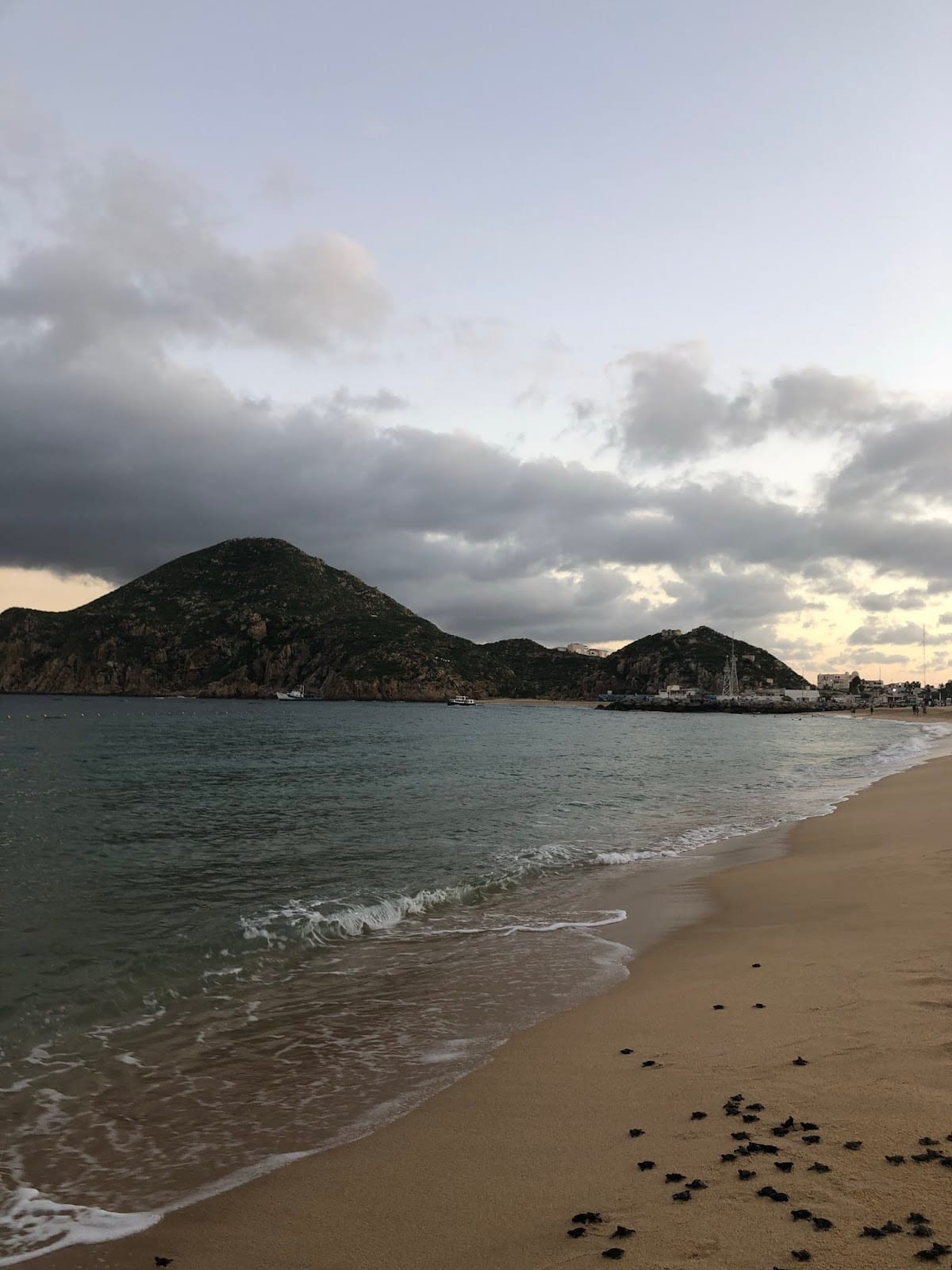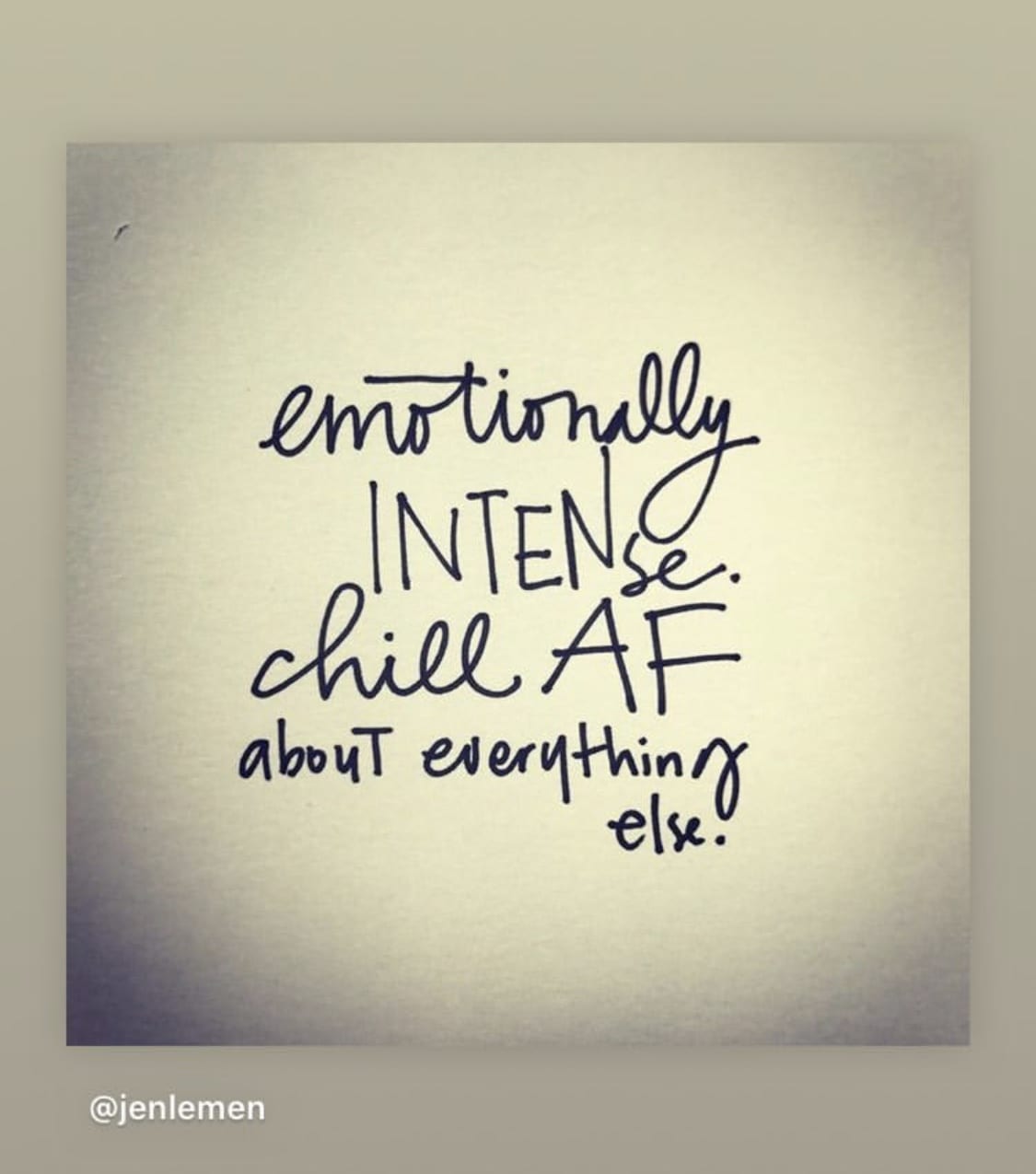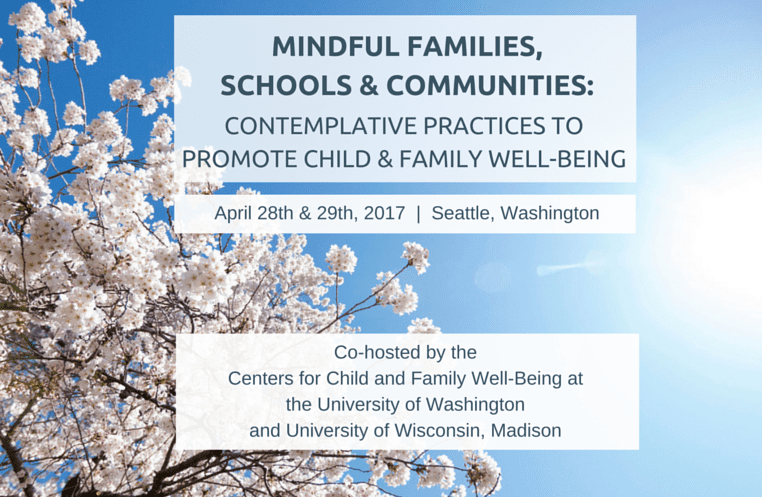Fear and Avoidance: Old Patterns

We are all learning a lot about our own fear responses and the fear responses of others, whether we know it or not. If you know what to look for, you can see how people around you have learned, over time, to acknowledge fear (or not), since most of us tend to fall in to our old patterns of responding when faced with a threat.
Ultimately, when faced with a crisis, whether it’s in our face and obvious or more non-specific and invisible, we rely on the things we’ve always done.
If we were taught to “suck it up and move forward,” we may throw ourselves in to work right now, crossing things off our list and attending video conferences with hair brushed, a pile of papers next to us, and a mug of hot coffee at the ready.
If we were taught to compartmentalize, set aside the alarm bells and “fake it,” we may be inviting friends over for dinner, gathering at the beach to play, heading out to the movies to take advantage of the empty seats.
If we were taught to seek understanding and plan for every contingency, we may be scouring the internet for articles to share, advising our friends on the best way to protect themselves and their families, and stocking up on cleaners and medication “just in case.”
I am reminded, when I hear people angrily commenting on how others are still out and about, or mocking those who seem disproportionately afraid, that many of us are running on autopilot because we are in fight or flight mode. Because the “fear” part of this response is jarring to many and uncomfortable for all.
We are not taught to acknowledge fear in healthy ways, for the most part.
We are not taught to sit with fear.
We are not taught that fear won’t break us in a way that is irrevocable.
But it won’t.
My ex-husband was a person who said things like “it’s fine,” “it will all work itself out.” He was someone who didn’t ever say to me, in 26 years together, that he was afraid. In many ways, I appreciated that. I was afraid a lot and having someone around who was seemingly never worried about the outcome, who was supremely confident that things would be ok, gave me a strange kind of confidence.
Except when I wanted him to be afraid. Then, his demeanor enraged me. It felt like gaslighting. I needed someone to acknowledge that some things are scary, and that being scared alone is a really awful, isolating thing. But I think, at that point, we had so firmly set our pattern that it would have taken a lot to undo it. I relied on him to be the stoic, fearless one, and he relied on me to hold the fear for all of us. It worked because my fear didn’t paralyze me. I was one of the “plan for every contingency” people who got strangely calm in the face of crisis, was able to discern and move forward with purpose. But there are some crises that call for us to do nothing for a while and I think this is one of them. I think that we are being called to learn to sit with fear and uncertainty and let it break our old patterns.
If we can learn to be scared together, and trust that it won’t kill us, we will learn so much. If we can acknowledge that the “sucking it up” and the “faking it” and the “just in case” are all avoidance mechanisms that don’t serve us and that place the burden of fear on others in disproportionate ways, we can begin to come together. It is a privilege to pretend that you’re not afraid and just go about your normal business. It is a privilege to choose not to sit with the emotions that this crisis stirs up within you. (Folks with disabilities and chronic illnesses, and those who are not served at all well by the dominant systems in place already know that – watch them, listen to them, learn from them).
We will not come out of this with privilege. We will not come out of this with the systems that serve us intact. And if we rush to either preserve the systems that are crumbling or to craft new ones before we’ve truly understood what this is all about, we are not doing the work that we are being called to do right now. We are being called to listen, to get very small and quiet and pay attention to what sustains us. Not what sustains the systems we rely on to sustain us, but what sustains us – the people, the connections, the acts that give us joy, the art and music that touch us, the nourishment and types of rest. We are being called to shed the notion that we can be independent, the idea that we can pick up where we left off without being changed by this.
While there are individual traumas happening because of this, this is a collective crisis, and it requires a collective consciousness. While there are individual people and families who are being hit harder than others, in one way or another we will all be touched by this and we will weather it much better if we recognize that. Having compassion for those who have not had to examine the way they respond to trauma before is key. Sitting together in fear (without wallowing – just noticing, acknowledging, and recognizing how we try to avoid it) is key.
I wonder how I may have harmed my ex by letting him be the one in our relationship who wasn’t allowed to be afraid. I regret not knowing that I was doing that. And I know how to recognize it now because I’ve sat with fear and I see how I avoided it. I wonder how I show up for my kids in this time and how I can shift to a way of being that is more in alignment with the collective consciousness. This will not destroy us. But if we let it, it will change us for the better.







Wise and true.